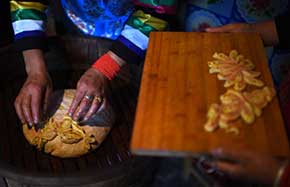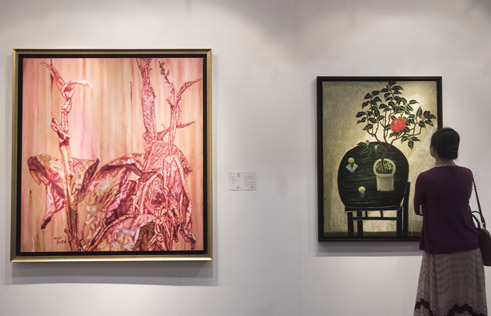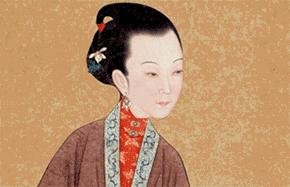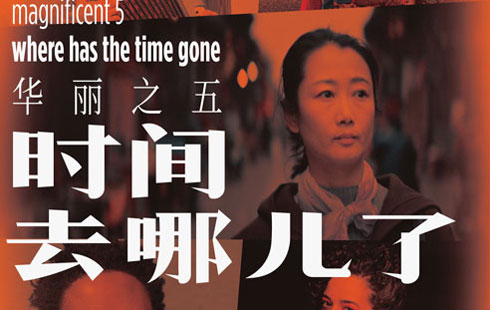China's cultural sector emerges with creativity
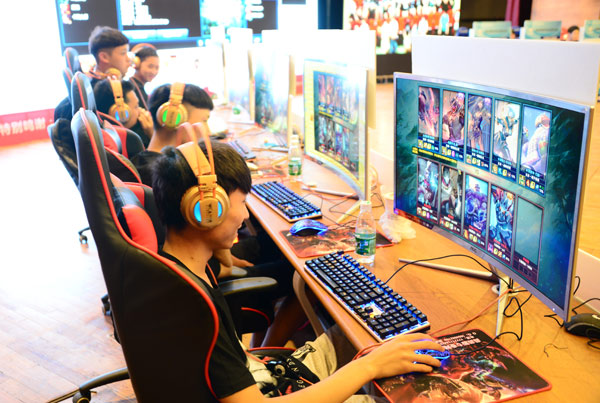 |
|
Top gaming players from different cities gathered in Wuhan, capital of Hubei province, to play in a League of Legends competition in September 2016. [Photo provided to China Daily] |
Game enterprises are one of the major winners of the top cultural enterprises in the country, according to the latest "National Top 30 Cultural Enterprises" list released on May 11, 2017. Domestic game market, especially the mobile games sector, has witnessed a steady growth over the last decade. According to the 2016 China Game Industry Report, the total sales venue of the domestic game market reached nearly 166 billion yuan, which was 17.7 percent up compared with the previous year.
One of the best performers is Tencent's hit game King of Glory, which defeated all other mobile games in the world to take the No 1 spot in income generation, according to a report released by APP Annie, a US-based analysis company. Not only is it the most profitable game in the world, the rich cultural connotation embodied in the game is also a highlight.
The majority of the characters in the video game are based on Chinese historical figures, and given that the game has gained an international fame for its popularity, it has prompted curiosity among foreign players to learn more about Chinese culture. And this has led to the discussion on to what extent can game products carry more functions, such as engaging in cultural exchanges.
Another noteworthy case is Dota 2, the latest version of this Western game product has incorporated Monkey King, a Chinese classic cultural image, as one of its heroes, which may also act as a spur to attract Western players' attention onto Chinese classic literature.
When it comes to cultural creativity, content is the only thing that matters. Using classic Chinese cultural elements as source material and incorporating them into today's popular entertainment mode has been proved to be an effective tool in both upgrading the leisure business and promoting cultural exchanges with other countries.
- New look for cultural and creative products
- Chinese cultural industries bloom with game, film and TV companies
- China to develop culture into pillar industry by 2020
- China cultural industry expands faster in 2016
- China's cultural industry sees rapid growth in H1
- China rolls out plan to encourage artistic creativity
- Decoding creativity
- Chinese culture and creativity highlighted at exhibition in Thailand
- Photo exhibition in Beijing shows autistic children's creativity
- Design Society to showcase creativity in Shenzhen






